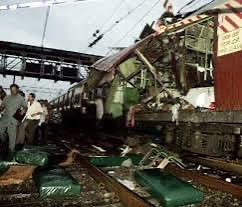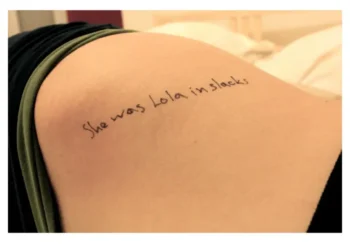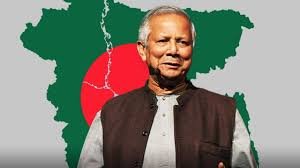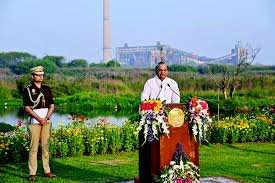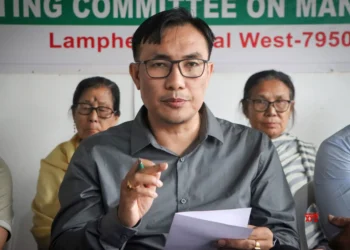Nineteen years after the serial blasts killed 189, the court says prosecution failed to prove its case. Hard to believe the accused committed the crime,” said the HC bench, ordering the release of all 12 convicts.
BY PC Bureau
Nineteen years after the deadly 2006 Mumbai train bombings that killed 189 people and injured over 800, the Bombay High Court has acquitted all 12 persons previously convicted in the case. In 2015, a special MCOCA court had found them guilty, sentencing five to death and the rest to life imprisonment.
A division bench comprising Justices Anil Kilor and Shyam Chandak overturned the trial court verdict, ruling that the prosecution had “utterly failed” to establish the charges. “It is hard to believe that the accused committed the crime,” the court noted, adding that the convictions were quashed and the accused should be released unless wanted in other cases.
#BreakingNews | July 2006 Mumbai train blasts: Bombay HC acquits all 12 accused; says prosecution utterly failed to prove case against them
Gems of Indian Judiciary and slow claps for the investigation team! #mumbaitrainblasts pic.twitter.com/kgmVYmnV9V
— Priyanshi Bhargava (@PriyanshiBharg7) July 21, 2025
The court observed that several critical aspects of the investigation had not held up under judicial scrutiny. Witnesses identifying suspects more than three months after the blasts were deemed unreliable. The court questioned whether, after such a long gap, any person could recall with accuracy the faces of strangers glimpsed in a crowded train.
Further, the bench remarked that the arms, explosives, and maps allegedly recovered from the accused appeared to be unconnected to the actual blasts. “Even the nature of the bombs used in the attacks could not be conclusively established,” the court said.
READ: Bihar SIR Blowup (Part-3): Will EC Reveal Count of Dalits & Muslims Purged from roll?
On July 11, 2006, seven bombs exploded within 11 minutes in the first-class compartments of local trains during evening rush hour. The serial blasts—carried out using pressure cooker bombs—occurred between 6:24 pm and 6:35 pm, targeting trains at or near Matunga Road, Mahim, Bandra, Khar Road, Jogeshwari, Bhayandar, and Borivali stations. The attacks plunged the city into chaos and were among the deadliest in India’s history.
In 2015, a special Maharashtra Control of Organised Crime Act (MCOCA) court found 12 men guilty of conspiracy, terrorism, and murder. Five of them—Faisal Sheikh, Asif Khan, Kamal Ansari, Ehtesham Siddiqui, and Naveed Khan—were sentenced to death, while seven others received life imprisonment.
Saturday’s ruling reverses that verdict entirely. All 12 accused will be released from prison, provided they are not wanted in any other case. Some have spent nearly two decades behind bars.
The High Court’s judgment has reignited debate over investigative lapses, judicial delay, and the implications of wrongful convictions in terror cases. Civil liberties advocates welcomed the verdict, calling it a long overdue correction. Others, including survivors and victims’ families, expressed anguish and frustration.
“This is not justice. Nineteen years and no one held accountable? The pain is fresh even today,” said Meena Parmar, who lost her husband in the 7/11 attacks.
Legal experts say the ruling underscores the urgent need for prosecutorial reforms, more rigorous standards of evidence, and independent oversight in terror investigations.
The state government is yet to announce whether it will appeal the High Court’s decision in the Supreme Court.


